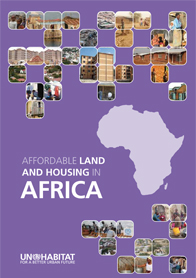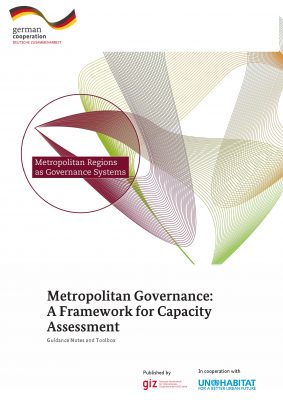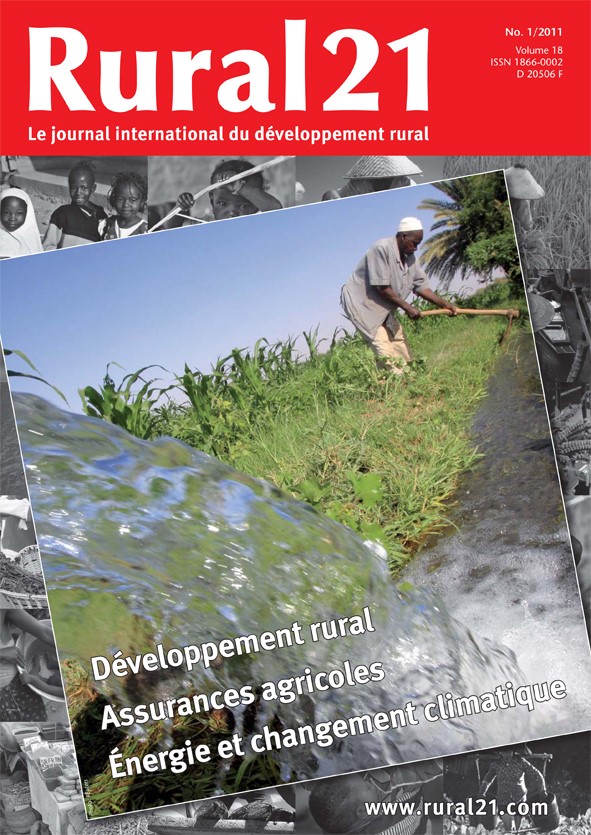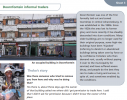Mitigating rural-urban disparities in China and India
The early development strategies of both China and India were urban- and industry-focused, discounting the importance of rural development. Despite sweeping reforms in both countries, the urban bias and subsequent spatial disparities still exist today. In order to reduce poverty and increase growth, developing countries need to correct these spatial disparities through a set of policies that take advantage of the synergies and linkages between rural and urban areas.










